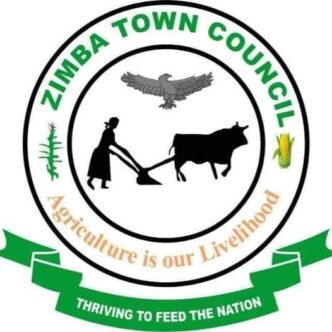
Reaction to the $335 Million Debt Restructuring Deal from Exim Bank of India.
“The $335 million debt restructuring agreement between Zambia and Exim Bank of India marks a significant and commendable step forward in Zambia’s path toward sustainable debt management and economic recovery. Covering $320 million owed by the central government and $15 million by ZESCO, this deal not only eases immediate fiscal pressures but also reflects growing confidence in Zambia’s reform agenda under the G20 Common Framework.
One of the key advantages of this restructuring is the fiscal breathing space it provides. By reducing near-term debt servicing obligations, Zambia is better positioned to channel resources toward critical development priorities such as education, healthcare, infrastructure, and energy. It also strengthens macroeconomic stability, boosts investor confidence, and signals to international markets that Zambia is committed to meeting its obligations through transparent and constructive negotiations.
Importantly, this agreement could have a catalytic effect. It sets a positive precedent and may encourage other major creditors—such as the African Development Bank (AfDB) and the Development Bank of Southern Africa (DBSA)—to engage more actively and conclude their own restructuring discussions with Zambia. Such alignment would be instrumental in finalizing Zambia’s comprehensive debt restructuring process and fully restoring the country’s fiscal credibility.
However, it is crucial to emphasize that debt relief alone is not a silver bullet. Long-term economic recovery and fiscal sustainability will largely depend on Zambia’s ability to stimulate inclusive business growth and expand its domestic revenue base. This means scaling up support for private sector development, particularly for Small and Medium Enterprises (SMEs), which drive job creation and innovation. Improving access to finance, streamlining regulatory processes, investing in infrastructure, and building human capital are all essential for creating an environment where businesses can thrive and contribute to the national treasury.
Increased business activity leads to a broader tax base, higher formal employment, and greater government revenue—all of which reduce future borrowing needs and enhance Zambia’s economic sovereignty. The government must therefore seize this moment not only to stabilize the economy but to transform it—by aligning fiscal reform, debt management, and private sector development under a coherent, long-term growth strategy.
In conclusion, we commend Exim Bank of India for its constructive engagement and urge other creditors to follow suit. With strategic use of this debt relief and a strong commitment to reform, Zambia can emerge from this period of restructuring with a more resilient, inclusive, and self-sustaining economy.”










